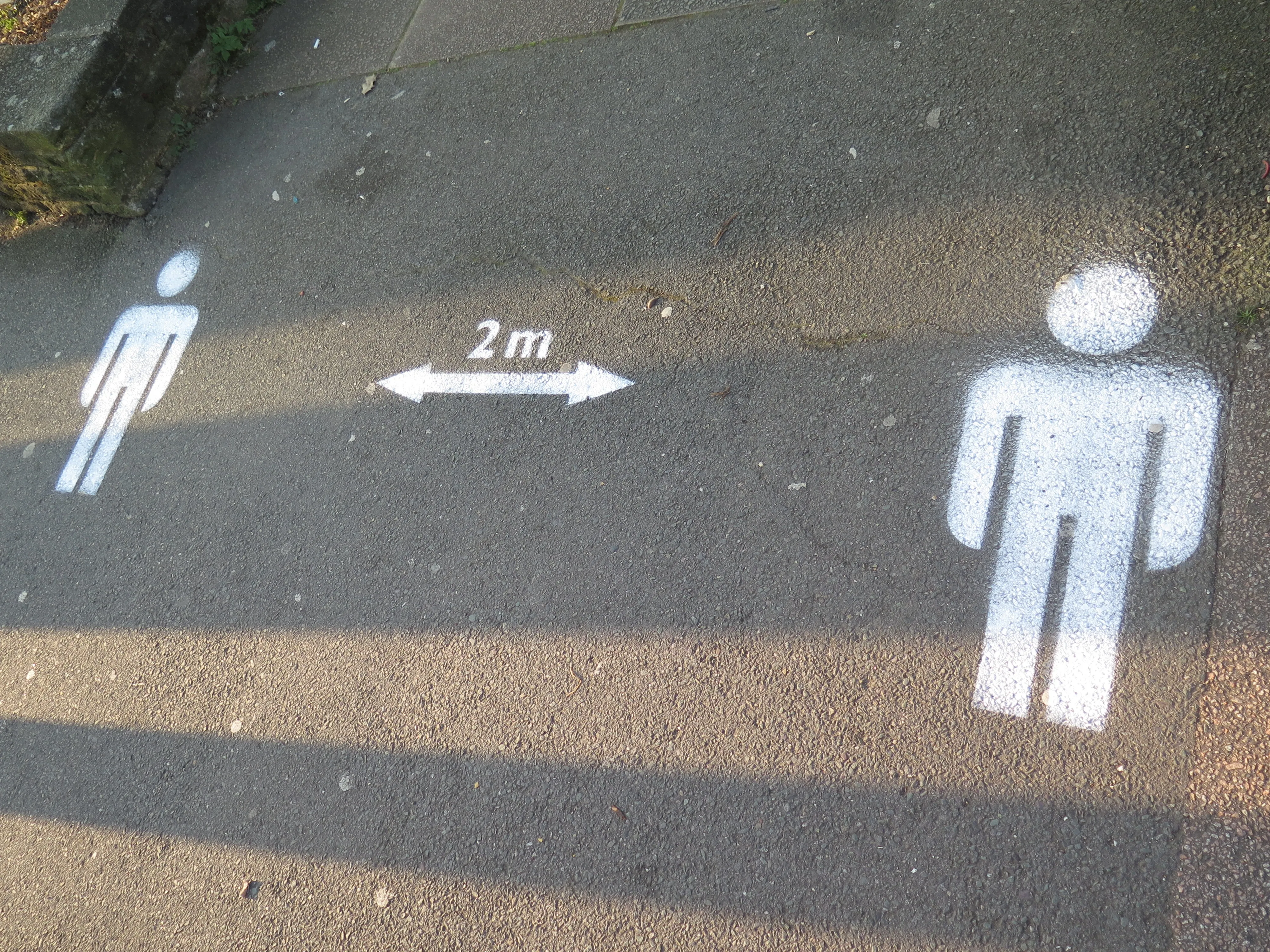
That is one of the main messages from Philippe Crist, advisor on innovation and foresight for the International Transport Forum at the Organisation for Economic Cooperation and Development.
Speaking on the Populus webinar Street Planning During Uncertain Times: How cities are making bold decisions to prioritise cyclists and pedestrians, he said: “I think what we're witnessing from our apartments, from our houses, from those places where you are sheltering, is probably the largest street planning experiment, ever. But one thing that is going to be hard for many of us is that some of these lessons we can never use.”
Crist insisted that people in the mobility industry must choose their words carefully when describing “what we're witnessing in our cities and how we move forward with that”.
He showed an image of a deserted Arc de Triomphe in Paris to highlight how Covid-19 has resulted in far less traffic, quieter streets and lower pollution. “All these in normal times are really good things, and yet they're happening because of something really, really bad,” he added.
The changes have been caused by a virus which has already cost tens of thousands of lives and threatens to severely disrupt the world’s economy.
“Going forward, those people who have worked in the past to try to bring about some of these things - clear skies, quiet cities, safe cities, streets that respond to people's needs - will have to be very careful not to talk about this period, this exceptional street planning experiment, in nostalgic or even positive terms.”
“Most people will see this as a very bad time, and the connotation will not be positive, it'll be quite negative. And that's just something to keep in mind.”
The mobility industry should be looking at ways of making the ‘new normal’ better when cities ‘reboot’ after prolonged lockdowns, such as improving system resilience and providing more urban space for active mobility such as walking and cycling.
But Crist said planners will have to take into account what he termed ‘Co-voidance behaviour’, where people may be wary of shared and public transport.
They should also be prepared for people to want things to return to the way they were before the pandemic, he said – especially when it comes to ramping up economic activity.
“I think there will be a real push for the ‘old’ normal.”










